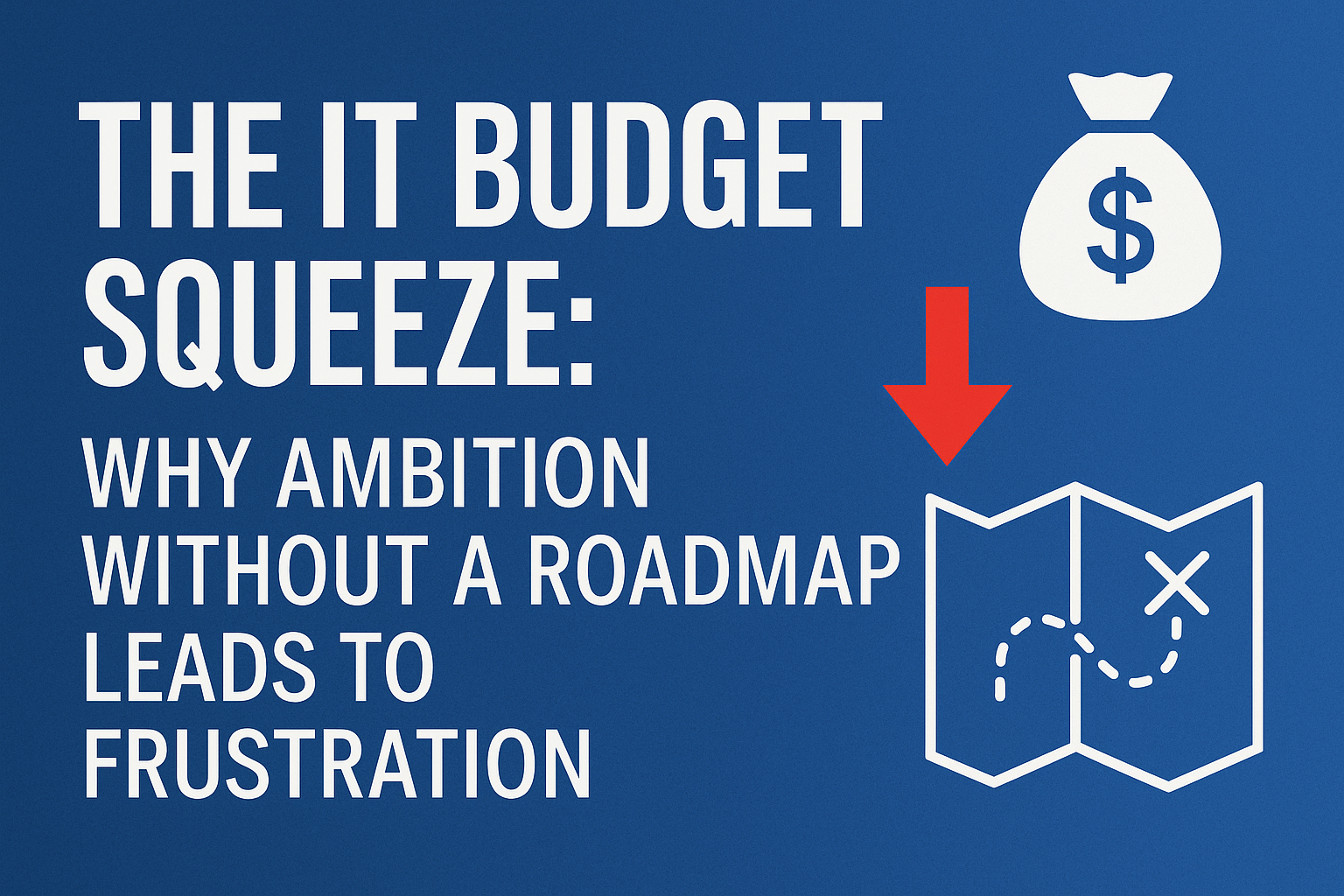Are You Overpaying for Cyber Security?
Cyber security spending is one of the easiest IT decisions to approve. Faced with fear of breaches, regulatory fines, and reputational damage, most business leaders feel they have no choice but to sign off. But here's the uncomfortable truth — are you really getting value from your cyber security investments, or just paying for peace of mind without true protection?
In my experience working with executives, there's a pattern: organisations often spend heavily on cyber without a clear understanding of whether it's effective, relevant, or even necessary. Before you approve the next big security investment, ask yourself:
1. Align to a Standard That Matters
There are hundreds of security frameworks — ISO27001, NIST, Essential Eight, PCI-DSS, and more. The key is to choose one that's relevant to your industry, regulatory environment, and risk profile. Blindly "doing more cyber" without a north star will lead to wasted effort and money. A well-chosen standard provides focus, benchmarks, and just enough security — not too much, not too little.
2. Consolidate Your Vendors
The security market is crowded. Vendors are constantly pitching the "latest" tool to stop the "newest" threat. But piling on tools leads to overlapping capabilities, integration headaches, and inflated costs. A consolidated and well-integrated security stack will often outperform a Frankenstein setup of disconnected tools — and save you money.
3. People Are Still the Weakest Link
It doesn't matter how many tools you buy if users click on phishing emails or use weak passwords. Cutting corners on Multi-Factor Authentication (MFA) or user training is a false economy. The fundamentals — like strong authentication, phishing awareness, and a security-conscious culture — will give you more return on investment than any shiny new cyber tool.
4. Get Another Opinion
Your internal team may be doing their best, but security is a complex and fast-moving space. An independent review can validate your approach, uncover blind spots, and give you confidence that you're making the right choices. It’s not about second-guessing your team — it's about supporting them with external insights.
Final Thought:
Cyber security spending shouldn't feel like a tax you just have to pay. It should be a deliberate investment that reduces risk in line with business needs — no more, no less. Before you approve your next cyber budget, take a step back and ask: Are we paying for what we really need?



